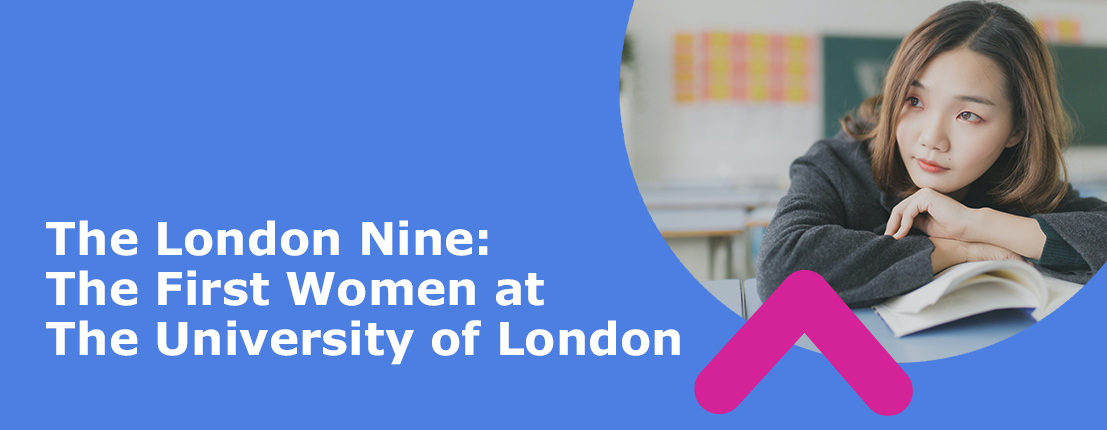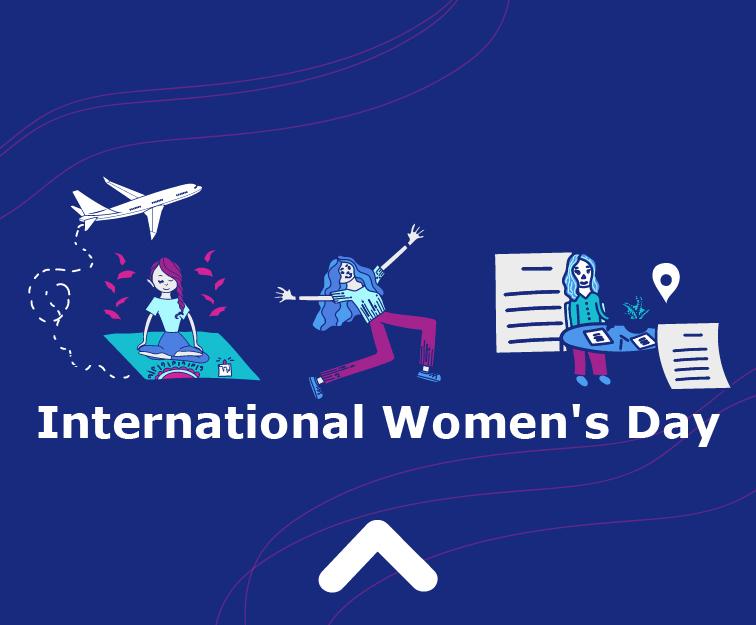The London Nine: The First Women at The University of London
Entertainment
3 mins read
Share

Updated at: 25 November, 2025
Published at: 07 March, 2021
By Amira Adel
The London Nine: The First Women at The University of London
Entertainment
3 mins read

Updated at: 25 November, 2025
Published at: 07 March, 2021
By Amira Adel
Share
Back in the day, universities only admitted males when they were first established, and women weren’t given the right to education. However, all of this has changed now! Nowadays, women have the right to education, just like men. Women are now doctors, engineers, physicists, and anything they want to be. They are pioneers in many industries! Let’s discover the tale of “the London Nine”, the first women admitted into higher education institutions in the UK.
The First Admission
Women’s higher education in London dates back to the late 1840s when Bedford College was established by the Unitarian benefactor Elisabeth Jesser Reid. Initially, Bedford was an independent teaching institution of the University of London, an examining institution founded in 1836.
Before 1868, the University of London examinations were only accessible to male students. In June 1868, it became the first British university to start admitting women to higher education when the university’s Senate voted to admit women to sit for the General Examination. Demands for women to sit for examinations and receive degrees increased in the 1860s, and in August 1868, the University of London announced that female students aged 17 and above would be able to apply to the university and sit for the new General Examination for Women.
General Examination for Women
On May 15, 1896, seventeen examiners of the University of London gathered and had a task to grade and assess the university’s first “General Examination for Women”; nine candidates had sat for the examination earlier that month.
The examiners - which were all men - awarded honours to six out of these nine women, Eliza Orme, Sarah Jane Moody, Kate Spiller, Louisa von Glehn, Isabella de Lancy West, and Susannah Wood. The remaining three students: Mary Baker Watson, Hendilah Lawrence, and Mary Anne Belcher, didn’t pass the examination; however, all nine of them became pioneers in women’s higher education.
At the time, the general examination subjects included Latin, English History, English Language, Mathematics, Geography, Natural Philosophy, French, Italian, German, and either Chemistry or Botany. A pass in the examination required high grades in at least 6 of these subjects.
Certificate of Proficiency
Unlike their male peers, women didn’t receive a degree; they only received a “Certificate of Proficiency”. Women were admitted to the degree programme a decade later, the University of London was also the first university to offer this option to female students.
London Nine Future
Out of the nine women who sat for the first General Examination, many went on to prominent careers.
1. Eliza Orme (1848-1937) studied a law degree and had a successful legal career; she was actively involved in the suffrage and prison reform movements.
2. Louise Hume von Glehn (1850-1936) became a writer of popular histories, which were published under her married name - Louise Hume Creighton - she was also a campaigner for working women.
3. Three of the candidates decided to follow a career in education; Sarah Moody and her sisters established a preparatory school in Guildford, while Susannah Wood taught Maths in Bath, Cheltenham, and Cambridge.
4. In 1891, Susannah Wood was appointed Vice-Principal of the Cambridge Training College for Women that later became Hughes Hall, Cambridge.
5. Finally, Kate Spiller became a member of her local school board in her hometown Bridgwater, Somerset.
Between 1869 and 1878, more than 250 female students sat for the General Examination, and 139 of them passed while 53 were awarded ‘Honours’. Students came from many different educational institutions such as Bedford and other London colleges as well as schools such as Cheltenham Ladies’ College.
The University of London’s Leading Women website holds a gallery of 150 notable London staff and alumni active from the 1860s to the present day, and among them are Elisabeth Jesser Reid and Louise von Glehn, as well as many others who were inspired by this story. The London Nine proved that women could do anything and their success and hard work are what gave women all over the world the right to education.
Entertainment
By Amira Adel
Share
Entertainment
Updated at:
Published at:
By Amira Adel
Share


